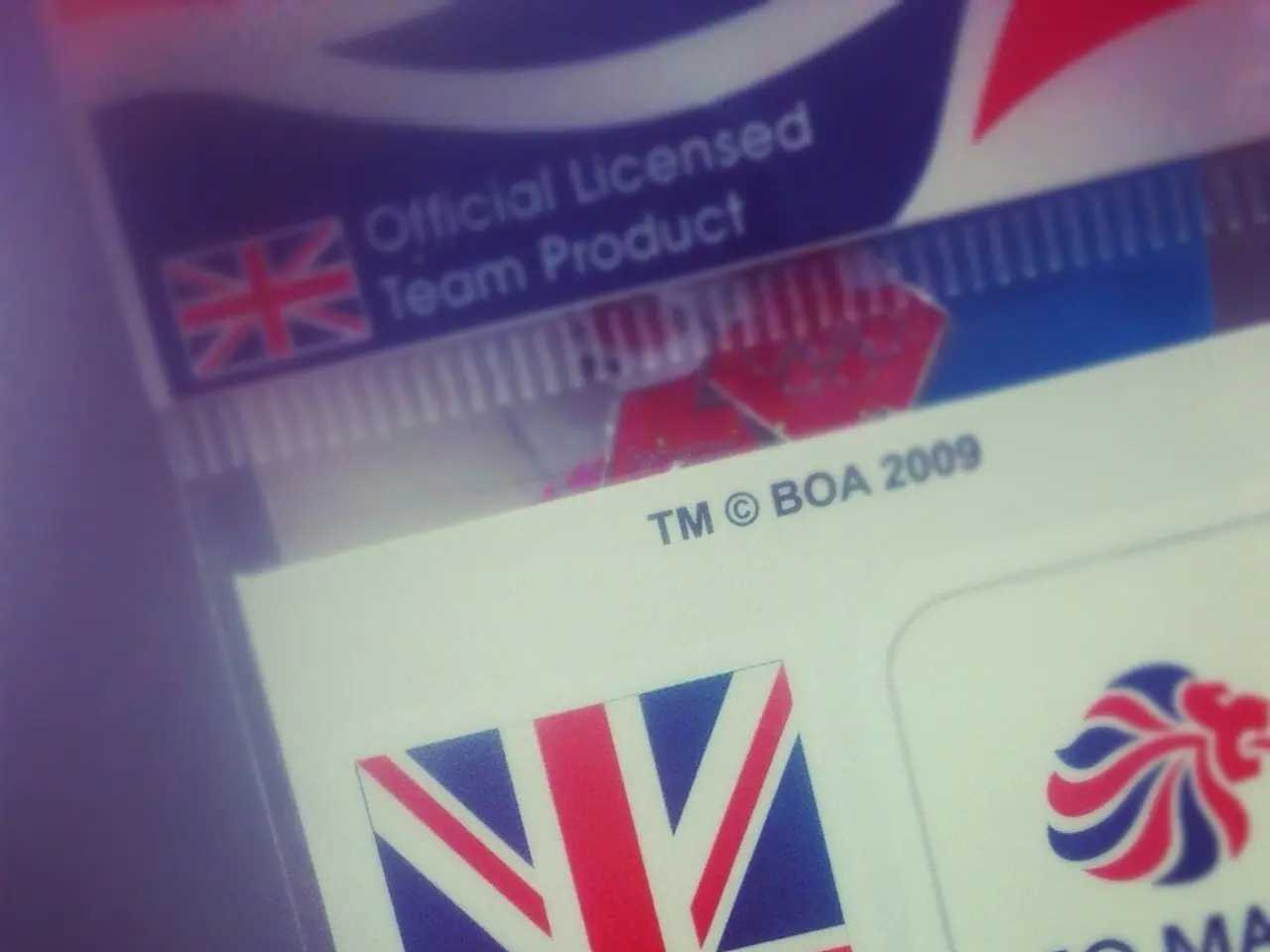When are Business Licenses Required?
Starting a home-based food business in Florida requires adherence to several licensing and permit regulations to ensure compliance with state laws and maintain the safety of consumers. Here's a guide to help you navigate the process.
Firstly, if you're preparing low-risk foods at home (such as baked goods or candy), you'll need to obtain a Cottage Food Permit from the Florida Department of Agriculture and Consumer Services. This permit identifies home-based food businesses and outlines regulations for safe food preparation and sales from a residence.
However, if your home-based food business involves potentially hazardous foods requiring temperature control, such as cooked meats or dairy products, your business may fall under stricter regulations governed by the Florida Department of Business and Professional Regulation (DBPR). In this case, you'll likely need to acquire a Food Service License and pass inspections from DBPR’s Division of Hotels and Restaurants before operating.
Regardless of the type of food you're preparing, all food businesses must comply with health department regulations. This often includes inspections and adherence to sanitary standards, and in some cases, a certified food manager may be required for safe food handling.
In addition, you'll need to register for a sales tax permit with the Florida Department of Revenue to collect and remit sales tax on taxable items. Also, an Employer Identification Number (EIN) is required for tax purposes, even for small home-based businesses.
Furthermore, many local jurisdictions in Florida require home-based businesses to obtain a home occupation permit to ensure local zoning laws are respected and that the business does not disrupt the residential character of the neighbourhood.
Finally, you'll typically need to complete an application form through the appropriate state division (such as DBPR or Florida Department of Agriculture and Consumer Services) and pay the associated fees. Licenses must be renewed periodically.
It's essential to consult specific local county or city requirements and the Florida Department of Agriculture and Consumer Services for precise guidance based on your business model. Compliance with licensing requirements not only builds trust with clients and the public, but it also prevents penalties such as fines or criminal charges.
In summary, for a home-based food business in Florida, the key license is often the Cottage Food Permit for low-risk foods. For other food types, additional licensing through DBPR, health inspections, and certifications may be required. Compliance with local regulations including home occupation permits and tax registrations is also essential.
- To ensure a home-based food business, which involves personal-finance matters, complies with Florida state laws for a safe consumer environment, it may require a Cottage Food Permit or additional licensing from the Florida Department of Business and Professional Regulation (DBPR), depending on the type of food prepared.
- Beyond obtaining the necessary permits and licenses for a home-based food business in Florida, it's essential to comply with health department regulations, sell products with a valid sales tax permit, register for an Employer Identification Number (EIN), and potentially acquire a home occupation permit to adhere to local zoning laws.




